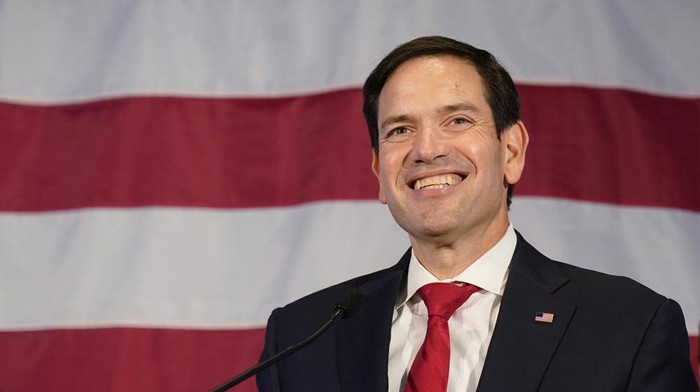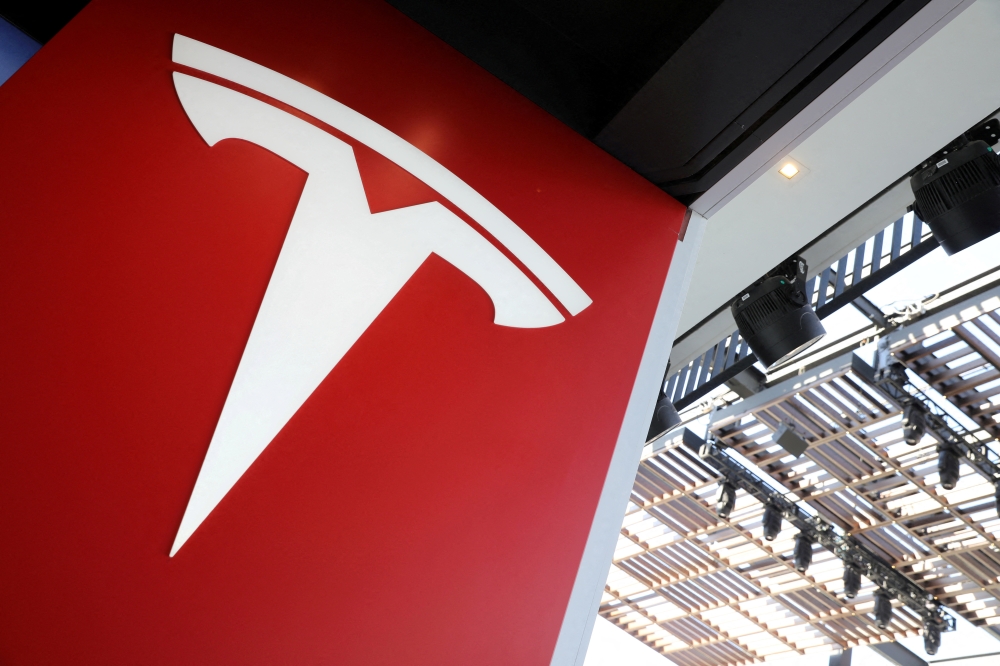Florida Senator Marco Rubio has urged the Biden administration to conduct a review of the deal between Ford and China’s CATL for the use of battery technology in the automaker’s proposed battery plant in Michigan. Rubio, who is the top Republican on the Senate Intelligence Committee, wrote to the Treasury, Energy, and Transportation Secretaries, calling for an immediate review of the licensing agreement.
He expressed concerns that the agreement will deepen the US reliance on China for battery technology and is likely aimed at making the factory eligible for Inflation Reduction Act tax credits. Rubio cited that the $430 billion act is designed to reduce the US’s dependence on the Chinese supply chain for electric vehicles.
Rubio said the deal “will only deepen U.S. reliance on the Chinese Communist Party for battery tech, and is likely designed to make the factory eligible for Inflation Reduction Act (IRA) tax credits,” in a statement posted on his website.
The proposed Committee on Foreign Investment in the United States (CFIUS) review is aimed at ensuring that the transaction does not harm national security. Ford has said that the plant will create 2,500 jobs and start producing lithium-iron-phosphate batteries in 2026.
The automaker stated that it would own and control the facility with no foreign investment or US tax dollars going to CATL. Ford’s executive chairman, Bill Ford, said that the technology agreement with CATL will help the company produce batteries made in Michigan and built for America.
See also: Ford-CATL Michigan Plant to Produce Batteries for 400K Electric Vehicles Annually
The deal has faced criticism from other Republican officials. Republican House Majority Leader Steve Scalise tweeted his disapproval of the agreement, while the Republican Governor of Virginia, Glenn Youngkin, withdrew from competition to attract the Ford plant due to concerns over China’s potential involvement.
However, Energy Secretary Jennifer Granholm has expressed support for the deal, stating that “bringing advanced manufacturing capabilities from overseas to the United States is key to our competitiveness, will stimulate our economy, and create good-paying American jobs.”







